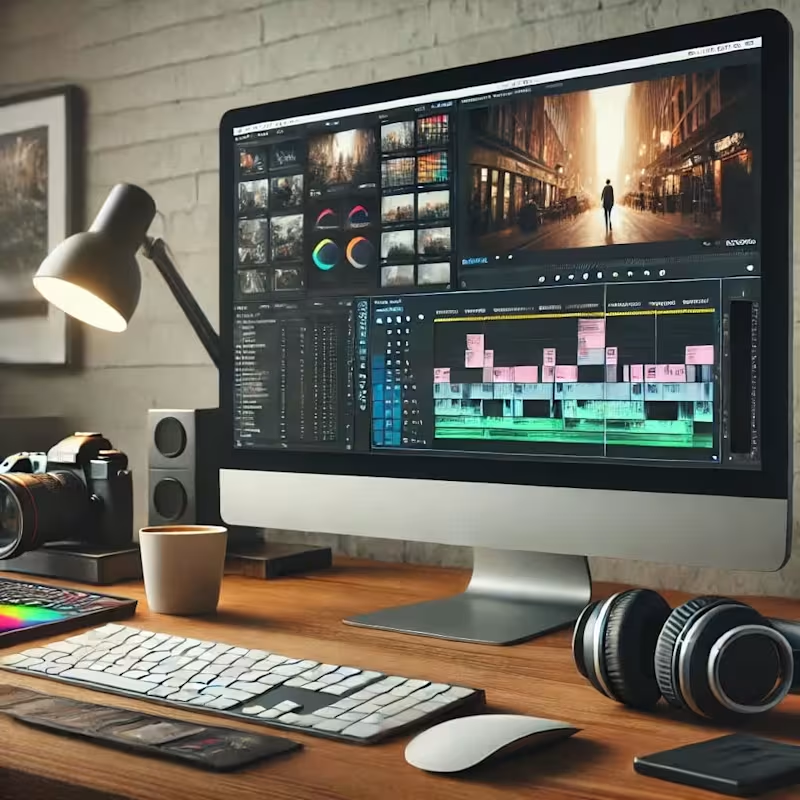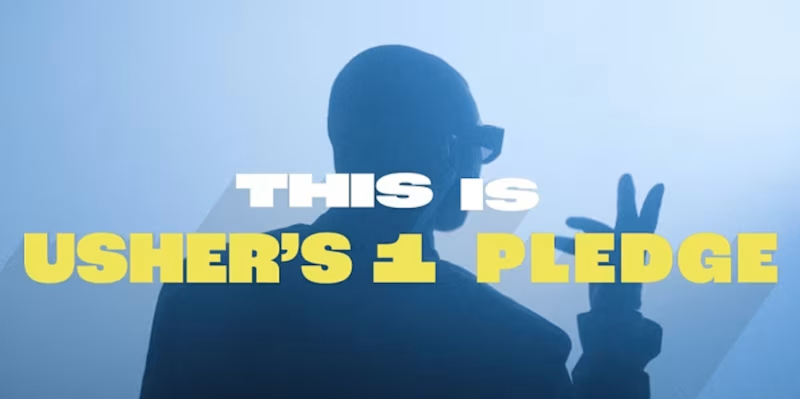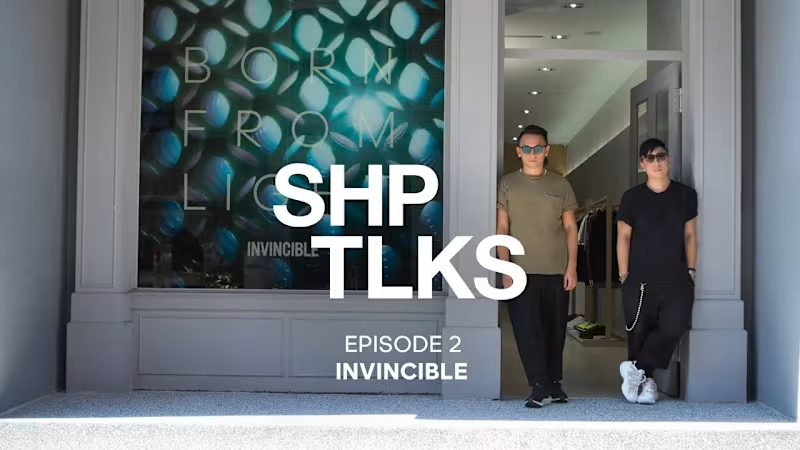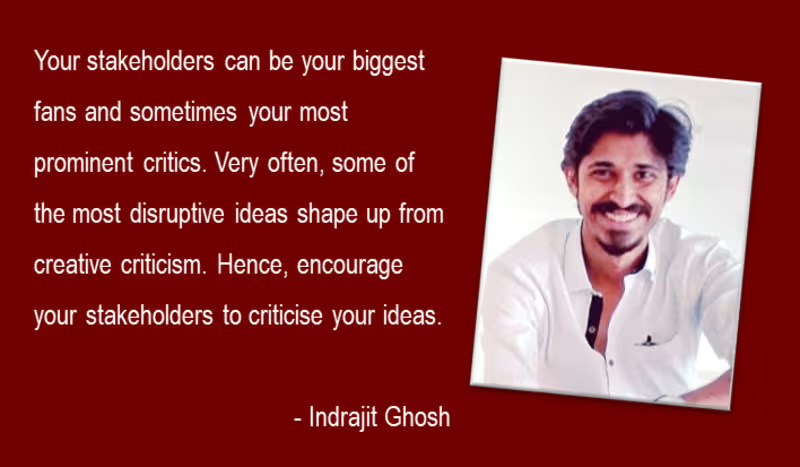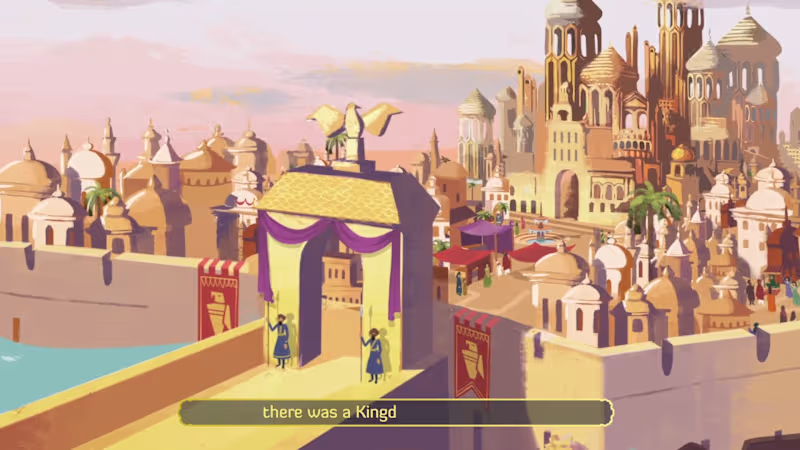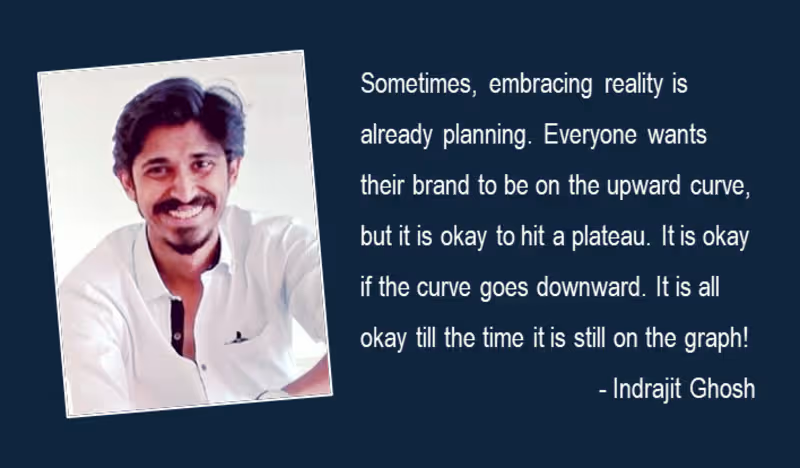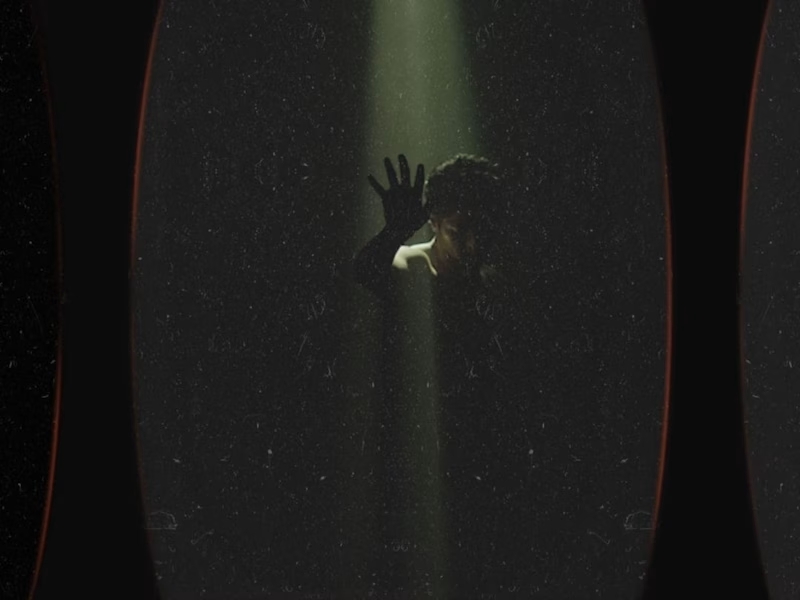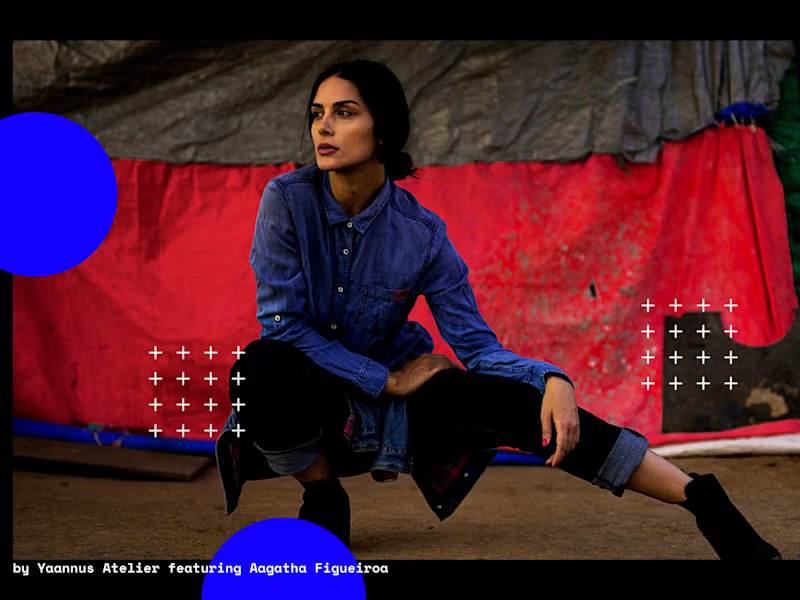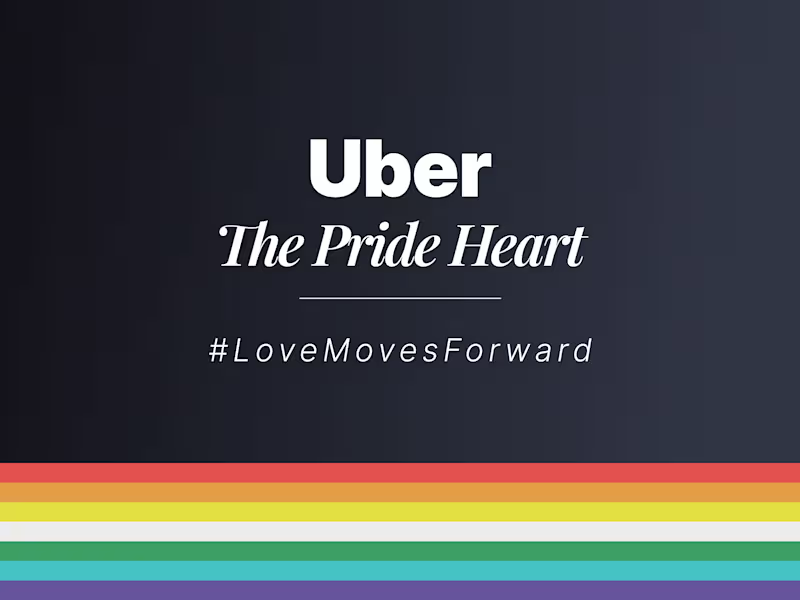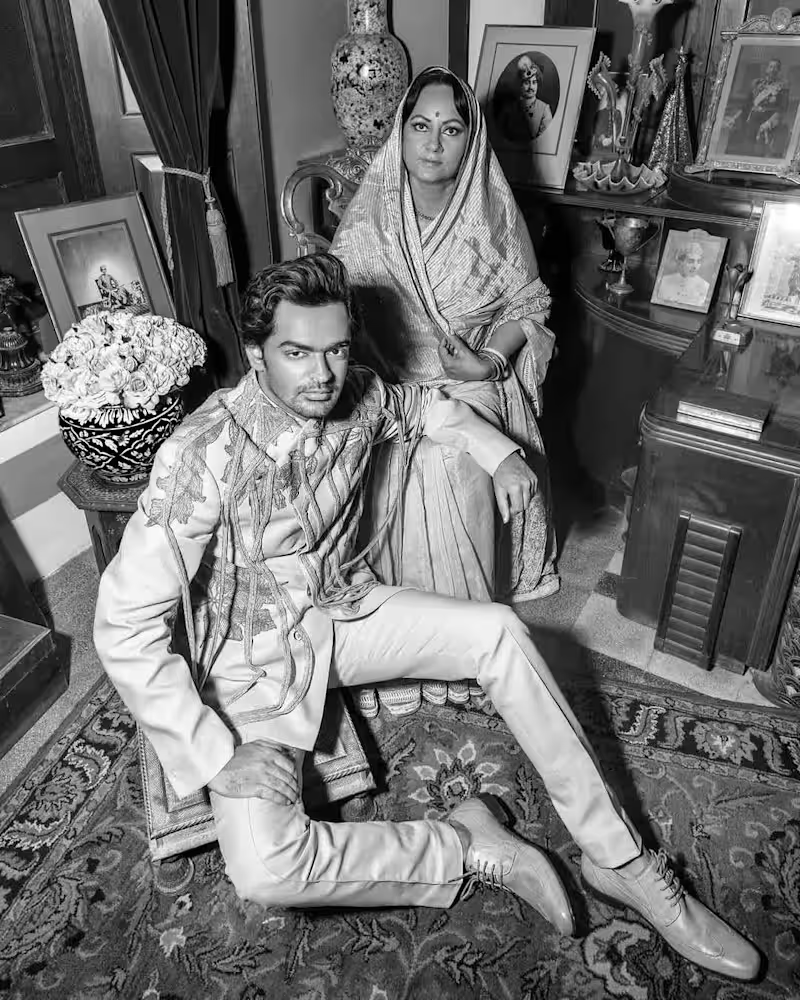How can I clearly define my project's goals?
Start by understanding your story. What is the message or theme you want to convey? List key plot points and characters. Make sure to communicate these ideas clearly to your screenwriter.
What should be included in a screenplay brief?
Include a summary of the story, character descriptions, and specific scenes you want. Mention the tone and style you desire. Be clear about any deadlines or special requirements.
How do I evaluate a screenwriter's portfolio?
Look for screenplays that match your project's genre. Check for creativity and originality. Make sure the writer has experience with similar projects.
What milestones should I set for the project?
Set milestones for the first draft, revisions, and final script delivery. Keep them realistic and spaced out. Discuss these with your screenwriter to ensure they agree.
How important is communication during the project?
Good communication is key to success. Regular updates help the screenwriter stay on track. Make sure they're comfortable with your preferred method, like video calls or emails.
Why should I ask for writing samples specific to my project?
Samples show the writer’s style and tone. Match these to your project to see if they fit. This helps you find someone who can write what you need.
What details are important in the contract with a screenwriter?
Ensure the contract includes deadlines, payment terms, and rights to the script. Clearly outline deliverables and any revision clauses. This avoids confusion later.
How do I ensure the screenwriter understands my vision?
Have meetings to discuss your ideas. Share visual references or mood boards. Encourage questions to clarify any doubts.
What is the benefit of a test script or scene?
A test script shows how well the writer captures your vision. It helps you see their style with your content. Use it to decide before committing to a full project.
How do I handle revisions on the screenplay?
Plan for several rounds of feedback. Be specific about changes needed. Respect the writer’s creative process while making sure your vision is met.
Who is Contra for?
Contra is designed for both freelancers (referred to as "independents") and clients. Freelancers can showcase their work, connect with clients, and manage projects commission-free. Clients can discover and hire top freelance talent for their projects.
What is the vision of Contra?
Contra aims to revolutionize the world of work by providing an all-in-one platform that empowers freelancers and clients to connect and collaborate seamlessly, eliminating traditional barriers and commission fees.
People also hire
Explore projects by Hindi-speaking Screenwriters on Contra
Top services from Hindi-speaking Screenwriters on Contra

Adobe Premiere Pro
Photographer
Film Producer
+3
'We tell stories with the intent of making them timeless.'
Contact for pricing

ChatGPT
Screenwriter
Creative Writer
+2
Film and Documentary Editing
Contact for pricing

Final Draft
Screenwriter
Author
+4
write short, feature film and episode with unlimited revisions
$25/hr























































